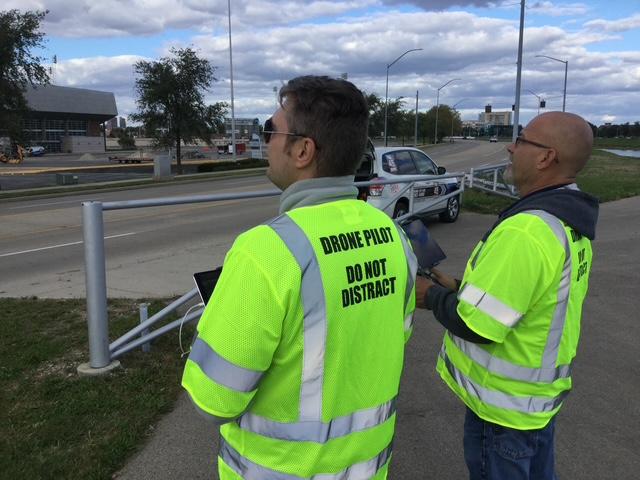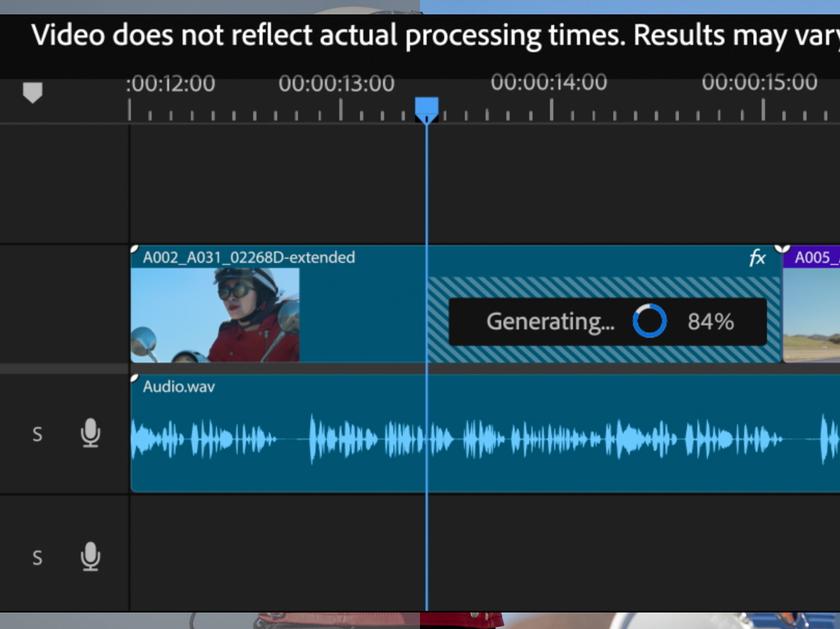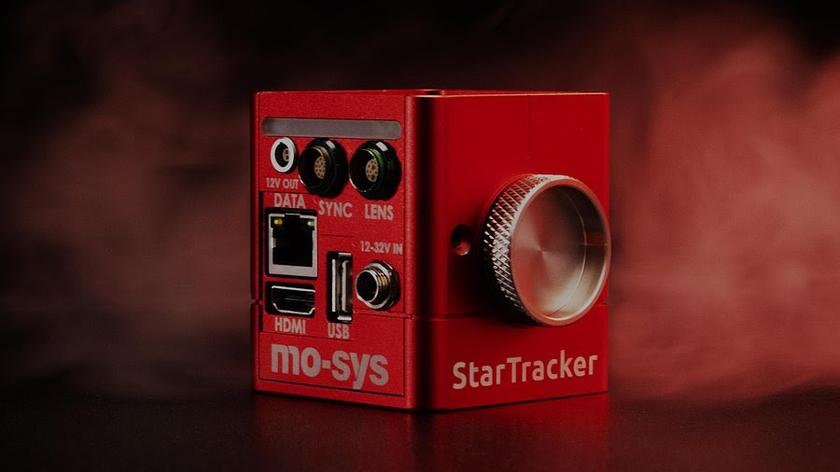Congress Delays Analog Shutoff
After initially rejecting moves to delay the DTV transition date until June, the House voted today to do just that. This afternoon, the House took up the DTV delay bill passed by the Senate last week and gave its approval--with 264 members voting in favor and 158 opposing; 10 members of Congress did not vote on the bill.
As soon as President Obama signs the bill, a foregone conclusion since his administration requested the delay, consumers will have an additional 116 days to get their digital television house in order. The new last day for full power analog broadcasting is June 12.
The vote was largely on party lines, with only 23 Republicans voting in favor of the bill and 10 Democrats opposing it. Backers of the delay claimed six million over the air households risked being unready on Feb. 17 and also cited a bankrupt NTIA converter box coupon program as reasons for adding three months to the transition. The program ran out of funds in December and is building a 3 million-plus waiting list for the vouchers.
Opponents argued that extending the date was unnecessary and would only confuse citizens further.
For broadcasters, it will be a case of deciding what’s more important: risk losing potential audience and alienating those that aren’t ready by pulling the plug early and saving money; or holding fast to the June 12 deadline with aging analog transmitters.
Nothing in the bill will prevent stations from making the transition early, so long as they follow the current procedures for early shut-off of analog broadcasting. However, much will need to be done--and quickly--to update PSAs and marketing campaigns to alert consumers to the new deadline.
According to the FCC, 1,089 stations, representing 61 percent of all full power stations are broadcasting on their post transition digital channel and could shut off their analog signals on Feb. 17 without causing interference. Most of the 700 remaining full power stations could terminate their analog signal without interference if they continue to operate on their pre-transition digital channel and move to their post-transition channel when the transition ends or if they could move to their post-transition channel after they shut off their analog signal, providing an engineering analysis from the FCC proved no harmful interference to nearby signals. Such cases would be made on a case-by-case basis.
As of the first week of February, 276 stations have told the commission that they plan to shut off their analog signals on the current transition date of Feb. 17. A number of communities, as well as the state of Hawaii have already done so.
With the vote, the DTV converter box coupon will be extended and households whose coupons expired without being redeemed can request a new coupon. Under the previous rules, expired coupons were forfeited and could not be replaced.
The vote was welcomed by Acting FCC Chairman Michael Copps. "The additional four months provided by the law affords urgently-needed time for a more phased transition, including a consumer-friendly converter box coupon program, stepped-up consumer outreach and support--particularly for vulnerable populations—and dealing with coverage, antenna and reception issues that went too long unaddressed,” he said.
According to the National Association of Broadcasters, which supported the delay, more than 1,000 full-power stations in some 200 television markets have already conducted DTV consumer readiness tests to help raise consumer awareness about the transition.
Public safety groups, which plan to use the forfeited analog TV channels for emergency communications once the DTV transition is complete, have expressed concern about the delay but still hope to gain allocations, if not access, to the channels prior the new June deadline.
Get the TV Tech Newsletter
The professional video industry's #1 source for news, trends and product and tech information. Sign up below.










